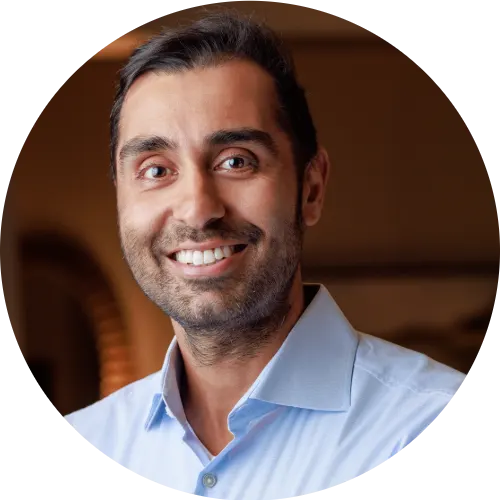
Feeling sleepy after Thanksgiving dinner is almost a holiday tradition. Many people believe turkey is to blame because it contains tryptophan—a nutrient that helps the body make melatonin, the hormone that regulates sleep. But the real story is more complicated.
Here’s what’s actually happening when turkey makes you (and most of America) crash on the couch after a big holiday meal.
Turkey Does Contain Tryptophan — But It’s Not the Main Cause
Turkey includes L-tryptophan, an amino acid that helps your body produce serotonin and melatonin, two key chemicals that influence sleep.
But here’s the catch:
- Turkey doesn’t contain more tryptophan than chicken or beef.
- You would need to eat enormous amounts for it to have a sedative effect.
So although turkey does have tryptophan, it’s not enough on its own to make you feel tired.
The Real Culprit: The Big Holiday Meal
The true reason for post-turkey fatigue is how much you eat, not what you eat.
When you eat a heavy meal:
- Blood flow shifts to your digestive system
- Insulin rises to help manage the carbs and sugar
- Your brain gets a flood of amino acids
- More tryptophan ends up crossing into the brain
This is what actually boosts sleep-related hormones and causes drowsiness—not the turkey itself.
High-Carb Sides Increase Sleepiness
Mashed potatoes, stuffing, dinner rolls, sweet potatoes, desserts, and alcohol all increase insulin levels.
Higher insulin = more tryptophan crossing the blood–brain barrier = more melatonin production.
So in a way, the sides are sleepier than the turkey.
Alcohol Intensifies the Effect
Alcohol slows your central nervous system, which:
- decreases alertness
- lowers blood pressure
- relaxes muscles
Even small amounts can amplify post-meal fatigue.
Dehydration & Low Movement Add to the Crash
Long cooking times, salty meals, and alcohol can cause mild dehydration.
Being sedentary before and after a big meal also slows circulation, making you feel sluggish.
How to Avoid Post-Turkey Fatigue
If you want to avoid the holiday food coma:
- Eat smaller portions and pace your meal
- Drink water throughout the day
- Take a short walk after eating
- Limit alcohol and sugar
- Balance carbs with lean protein and vegetables
Even small changes make a big difference in how you feel after the meal.
When Sleepiness Could Signal Something Else
Occasional post-meal fatigue is normal. But if you feel unusually tired after eating on a regular basis, it may be worth talking to a doctor.
Conditions that can cause excessive post-meal sleepiness include:
- Diabetes or prediabetes
- Low blood pressure
- Thyroid disorders
- Food intolerances
- Sleep apnea
Get Nutrition & Wellness Support at BASS Medical Group
If you’re feeling overly tired after meals or are concerned about underlying health issues, our primary care providers can help evaluate your symptoms and recommend personalized treatment options.
Frequently Asked Questions
Is turkey really high in tryptophan?
Turkey contains tryptophan, but no more than chicken or other meats. The post-meal sleepiness comes mostly from large holiday meals, carbs, and alcohol—not turkey alone.
Why do big meals make me tired?
Large meals shift blood flow to digestion and increase insulin, which boosts melatonin production and slows your energy levels.




